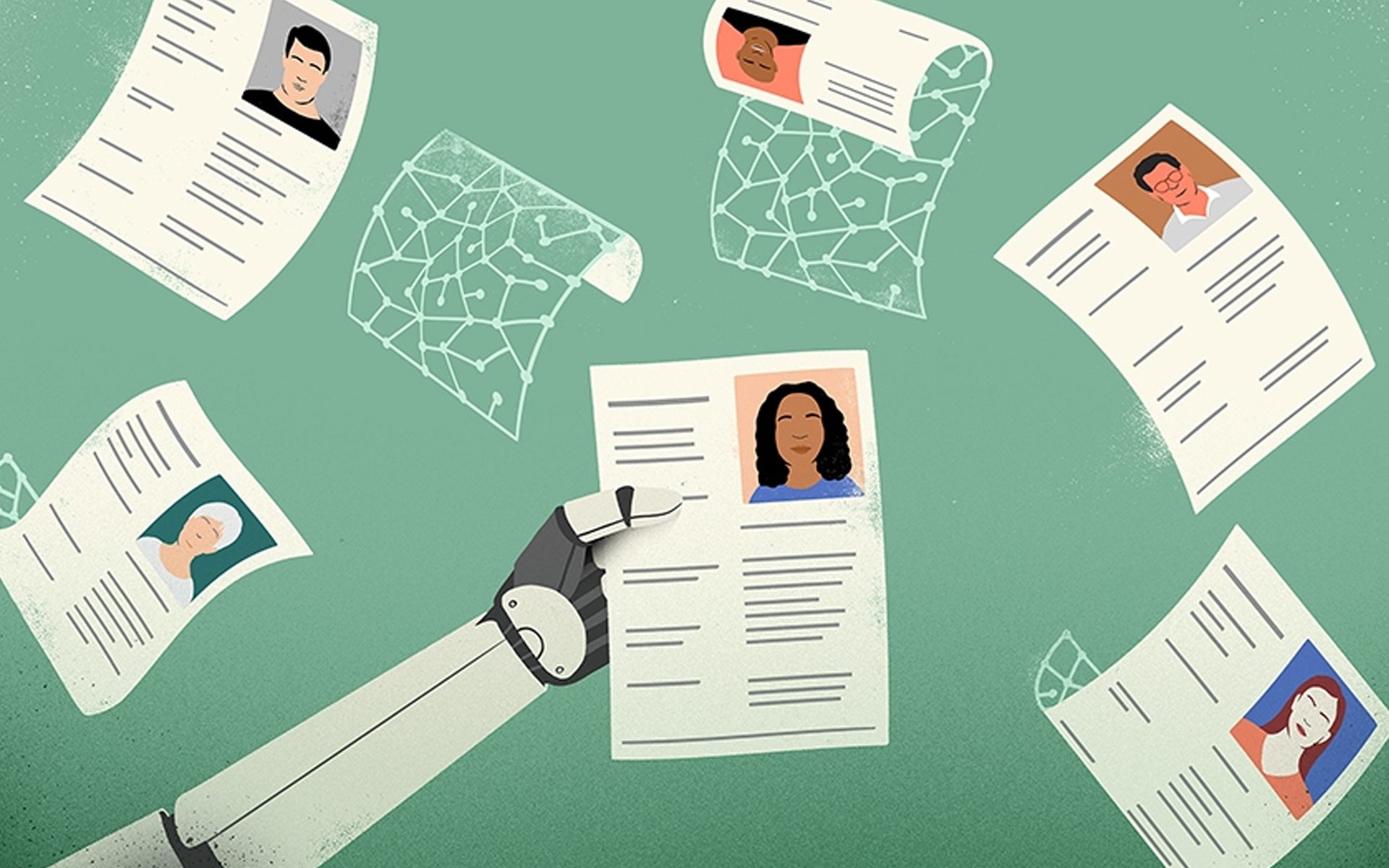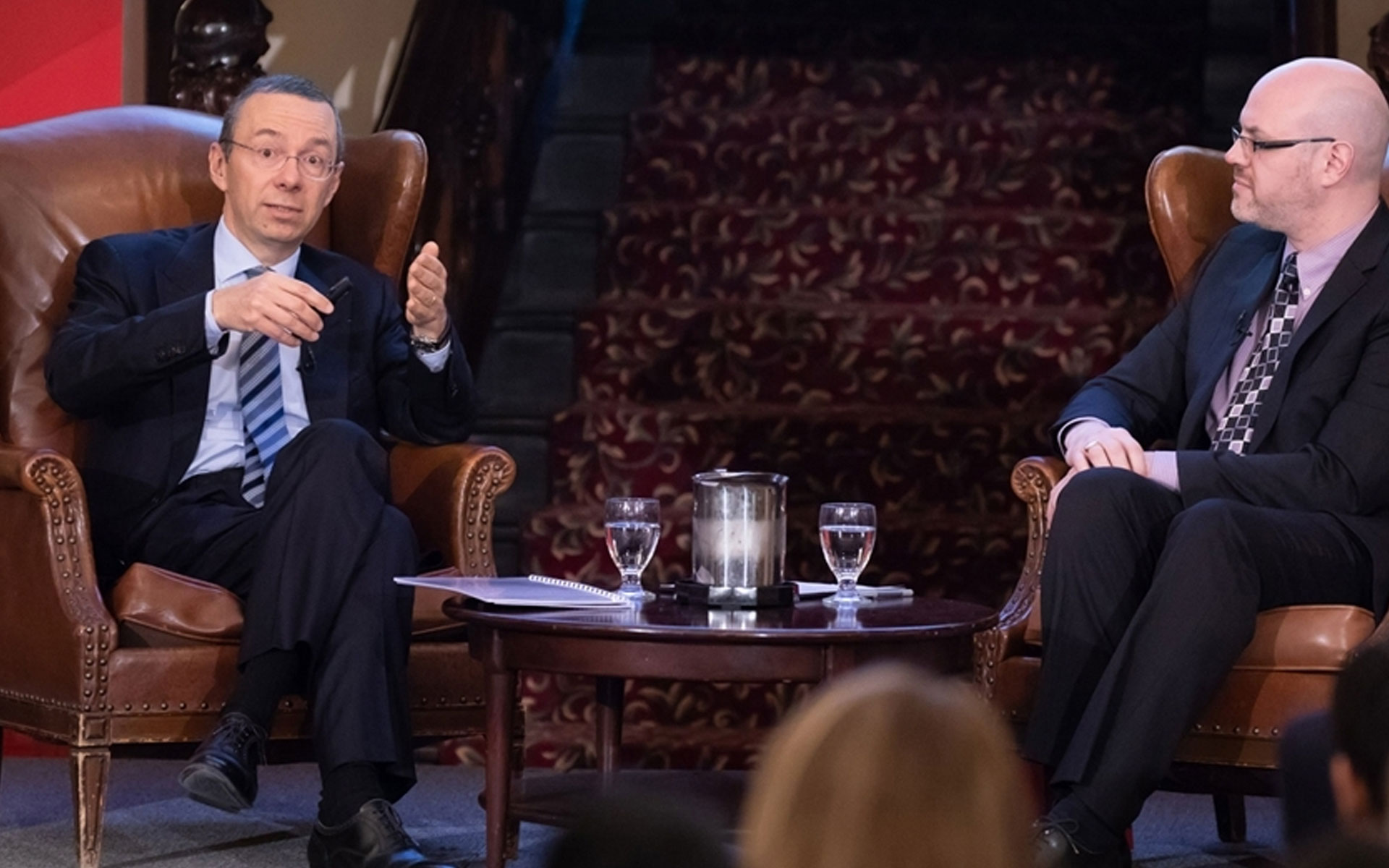Subscribe:
Key insights from this article:
- Develop a word-of-mouth recruitment strategy that supports your EDI hiring goals
- Clearly explain the processes and expectations for your hiring process
- Investigate your personal biases and how they affect your hiring decisions
- Standardize your interview questions and rubric for evaluating answers
- Test your candidates’ skills or request samples of their work
Equity, diversity, and inclusion (EDI) has increasingly become a priority for hiring managers within organizations. But while the intention is there, inclusive hiring has not yet become the great equalizer many hoped it would be. According to a 2019 report by the Canadian Centre for Diversity and Inclusion, 91 per cent of senior leaders said they are committed to EDI. However, only 40 per cent of personnel thought their leaders set appropriate goals to improve staff diversity.
These statistics point to a disconnect between labour supply and demand. On the demand side, employers both fail to find appropriately skilled workers and fail to meet their equitable hiring goals. On the supply side, qualified candidates with diverse backgrounds miss out on job opportunities.
Converting managers’ intentions into more equitable hiring is difficult, but not impossible. Professors Jeraul Mackey, Brian Rubineau, and Roman Galperin are experts in equitable hiring and conduct research at McGill University’s Desautels Faculty of Management at McGill. They identified three areas where EDI efforts can falter: soliciting job applications, assessing cultural fit of a candidate, and evaluating their prior qualifications. These areas are rife with both systemic and personal biases, which hiring managers must overcome if they hope to improve their EDI hiring.
What does bias look like?
Bias in hiring can appear at two levels: personal and systemic.
Personal biases are a person’s pre-conceived set of assumptions about the world, informed by a lifetime of personal and cultural experiences. If left untended, they can interfere with the fair and accurate assessment of a candidate’s abilities.
Systemic biases occur when inequity exists within a society’s very fabric through its laws, culture, and norms. For example, some populations suffer from inter-generational poverty, caused in part by past racist or discriminatory laws – even if those laws have since been repealed. Members of these groups might have difficulty paying for higher education, putting them at a disadvantage compared to their non-marginalized peers.
As Professors Mackey, Galperin, and Rubineau show us, personal and systemic biases can influence every stage of the hiring process. Understanding and being aware of them is essential for managers to make objective hiring decisions.
Bias in the talent pool
It’s common to include an EDI statement at the end of a job posting. But even if you encourage diverse candidates to apply, you’re limited by the available talent pool in your industry, explained Professor Brian Rubineau on an episode of the Delve podcast. In industries where men significantly outnumber women, for example, garnering applications from women is difficult enough – let alone finding someone who is a perfect fit for the role.
Bias in the talent pool becomes clear we look closely at word-of-mouth as a recruitment strategy, one of the most common ways to connect candidates to job postings. Employees tend to refer people who resemble themselves across dimensions like age, race, and gender, which only reinforces the demographic composition of an organization, explained Rubineau. Instead, he suggests creating a word-of-mouth strategy that works in service of EDI.
“If you can get underrepresented groups to refer more,” he said, “then you can turn this reproductive process into an integrating process.”
For example, employees from marginalized groups will likely refer other members of marginalized groups. This can boost the overall number of underrepresented applicants and raise the likelihood of finding new hires from these populations.
Interpreting qualifications
Once an application reaches a hiring manager, the onus is on them to prevent bias through the rest of the process. That means they must be mindful of how they’re interpreting a candidate’s qualifications when they review a CV.
In one of his research papers, Professor Roman Galperin found that women – especially mothers – need more credentials than men on their CV to be deemed qualified for a role. Galperin said this could be to overcome the perception that they’re less dedicated than others, due to external familial commitments. Here we can see how unconscious bias impacts how women are evaluated and hired.
“The expectations for women will be different,” said Galperin on the Delve podcast. “They will essentially be penalized because of these stereotypes.”
A similar story can occur at the interview table. Bias creeps in and affects how managers interpret candidates’ work experience. Jeraul Mackey, Assistant Professor of Organizational Behavior at Desautels, partly attributes this phenomenon to cultural capital.
Mackey describes cultural capital as unwritten rules or expectations that impact a candidate’s success in a job hunt.
“Knowing these unspoken or implicit rules quite often becomes as important, and sometimes more important, than just your skills or abilities,” he said on the Delve podcast.
For example, recruiters often look for small behaviours to assess a person’s cultural capital and fit for a role. A person who sends a post-interview thank-you note – an unwritten expectation in many organizations – signifies more cultural capital than someone who doesn’t.
Not everyone will be aware of these expectations, especially if they didn’t grow up around office workers. This creates an unfair bias against them.
To mitigate this, Mackey suggests making the rules explicit. Recruiters should communicate expectations at every stage of the hiring process, including whether they expect a follow-up message after the interview.
Assessing culture fit
“Culture fit” refers to a candidate’s ability to integrate into an established social dynamic in the workplace. On the surface, this seems innocent enough — everyone should feel included and part of a team. But hiring for culture fit is often rife with unconscious bias and can hurt managers’ EDI efforts.
“We hire folks not solely based on their qualifications to do the job, but we may hire them based on this cultural matching process,” said Mackey. “You play squash, I play squash, I like you because we can probably play squash together.”
Managers often hire candidates who resemble themselves. They unconsciously favour individuals who appear to match their personalities and interests, which can overshadow the candidates’ actual abilities for the role.
To offset this bias, managers can:
- Create a standardized list of questions. Asking the same questions of all candidates will ensure they’re being evaluated on equal terms.
- Create a standardized method of evaluating their answers. As much as possible, managers should remove their emotions from the equation. A pre-determined evaluation rubric can help reduce the emphasis on traits such as likeability and culture fit.
- Know yourself. Are you an extrovert? Do you enjoy sports? Are you direct in your communication style? Managers tend to hire people like themselves. They should investigate how their personal traits affect how they view candidates.
- Offer a skills test. Where possible, recruiters can ask candidates to send samples of their work or complete a skills test. This can convey a clearer sense of their abilities.
Improving EDI in hiring is no easy task. For more information on hiring practices, equity, diversity, and inclusion, listen to our previous Delve interviews with Professors Roman Galperin, Brian Rubineau, and Jeraul Mackey:
This article is written by Eric Dicaire.
Delve is the official thought leadership platform of McGill University’s Desautels Faculty of Management. Subscribe to the Delve podcast on all major podcast platforms, including Apple podcasts and Spotify, and follow Delve on LinkedIn, Facebook, Twitter, Instagram, and YouTube.

Roman Galperin

Jeraul Mackey














